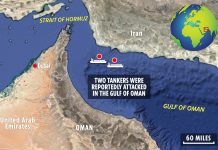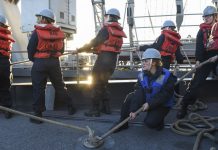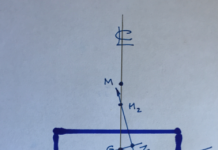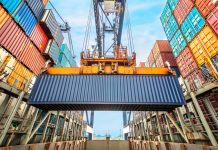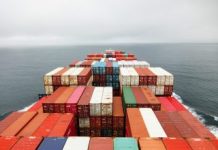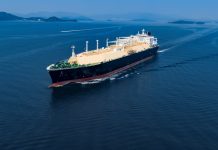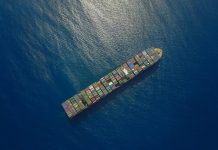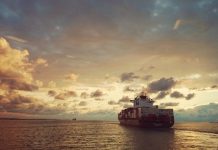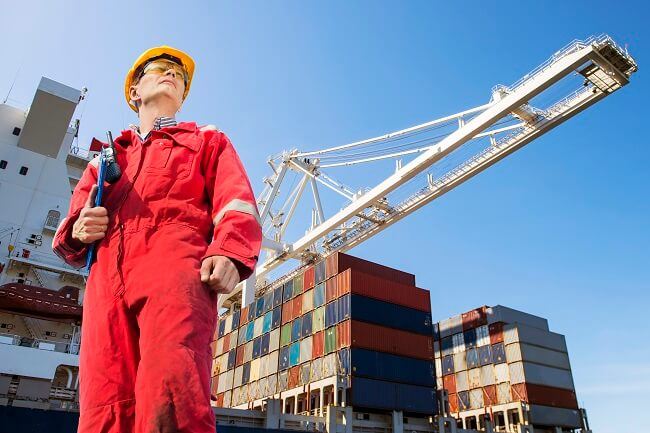There has been a massive rise in workers’ deaths in confined spaces — a workplace hazard long familiar to the shipping industry. Since January 2018, sixteen dockers and twelve seafarers have died from asphyxiation or explosions in confined spaces – or from falls after passing out due to bad air, according to the International Transport Workers’ Federation (ITF).
Specifically, there have been a total of 145 casualties in the past 20 years, and 28 in the past 16 months. As explained by ITF, companies choose to save money rather than train and equip workers to labor safely in confined spaces or invest in an onboard safety culture in which workers are free to take the time they need to vent cargo holds, ensure sufficient good air or question a risk they are facing. “We know that maritime workers are generally aware of the risks associated with entry into confined spaces, but they may not be aware of the details and extent of the varied dangers posed by forest products, coal, iron ore, grains, gases and other cargo,” ITF said.
“It is not enough for a worker to rely on opening the hatches for 30 minutes and hoping for the best, or to do the best they can to protect themselves on their own. It is not enough for workers to take all available precautions but sometimes still be caught without sufficient protection by pockets of gases and lack of oxygen,” the federation added.
Last November, two dockers died while unloading logs from the hold of a bulker in Montevideo, likely after exposure to an unexpected fumigant they were not told about. A crew member saw them in distress and entered the hold wearing a face mask, determined to rescue them. During his efforts, his mask was reportedly removed, and he passed out, eventually landing in hospital in an induced coma. A third docker required medical help before the tragic incident was over.
ITF further said that shipowners have a duty of care for their crew and dockers employed to carry out their cargo operations and that education and procedures are not optional. 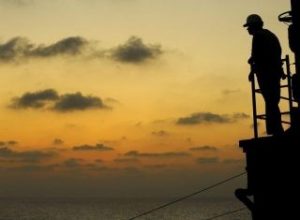 “The negligence of shipowners who disregard standard procedures and cost workers their lives must be met with a punishment proportionate to the lives lost,” ITF stressed.
“The negligence of shipowners who disregard standard procedures and cost workers their lives must be met with a punishment proportionate to the lives lost,” ITF stressed.
The ITF Dockers’ and ITF Seafarers’ sections will be at the International Maritime Organization (IMO) working with shipowners to ensure that the regulations governing confined space stand up and are strong enough to protect all maritime workers.





